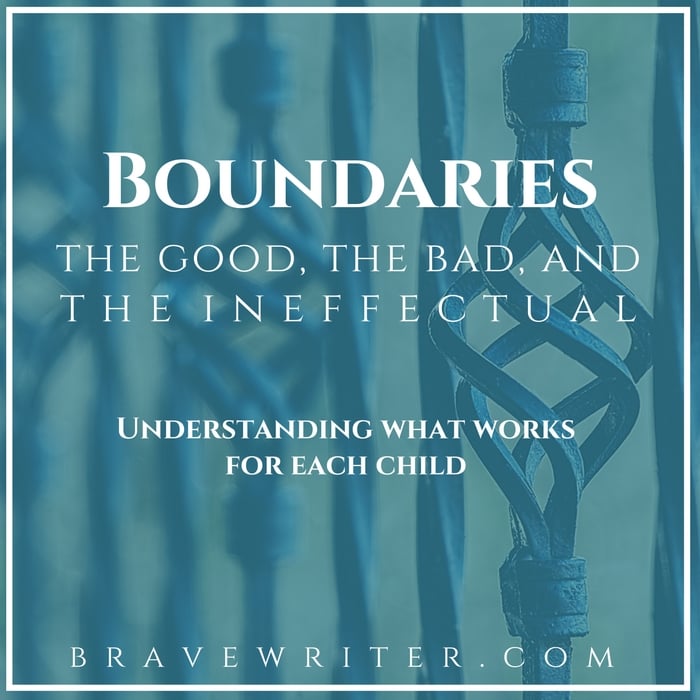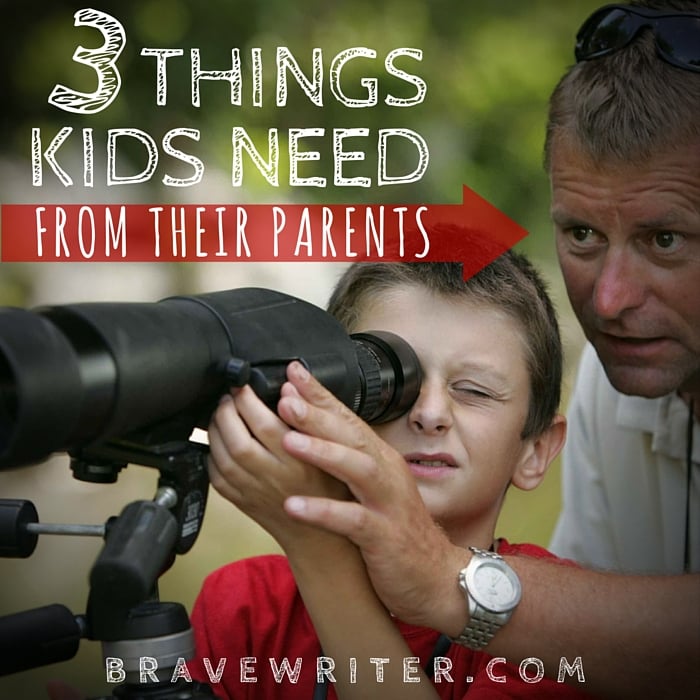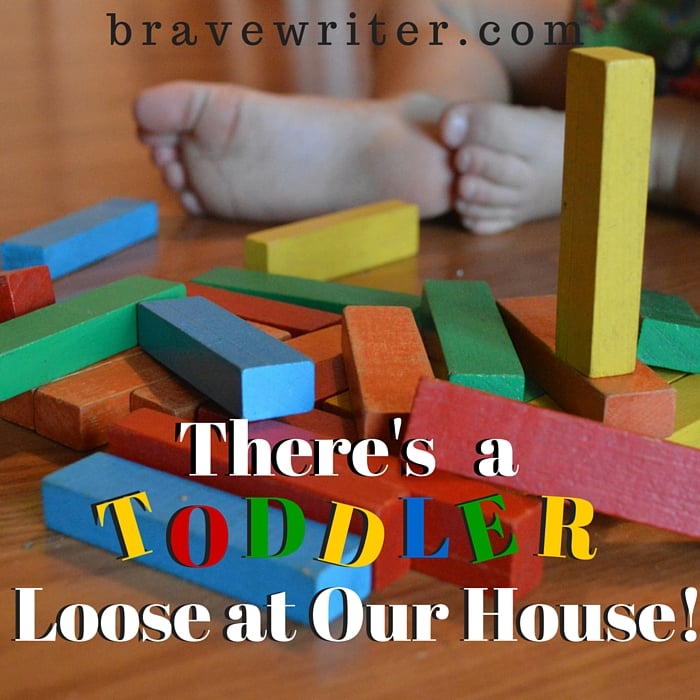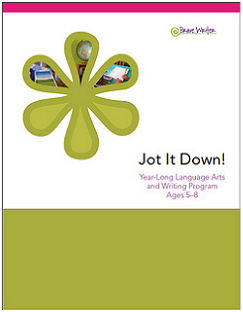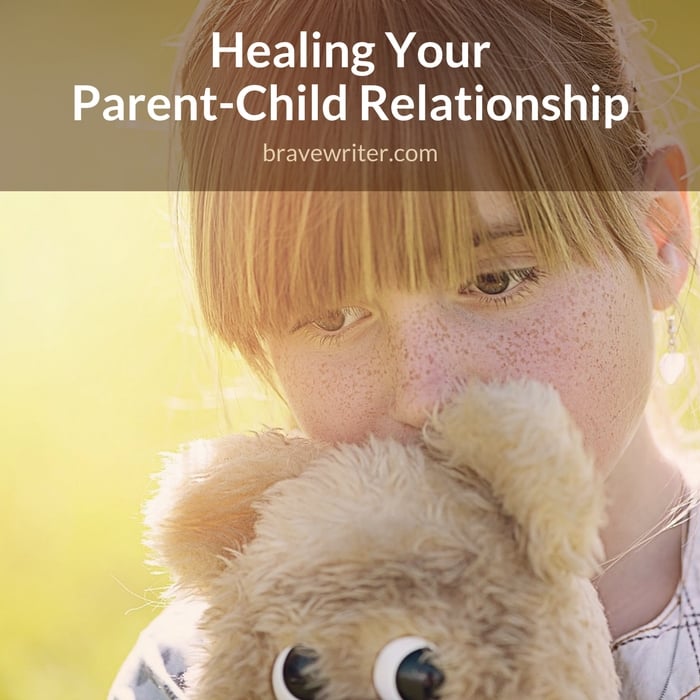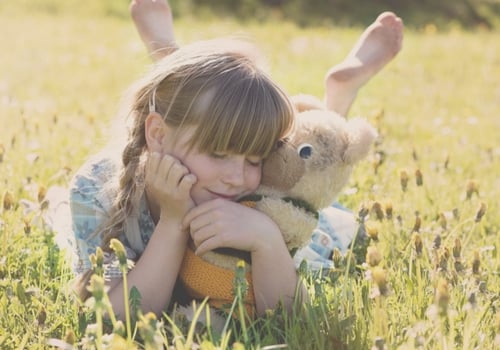It’s easy to go into evaluation mode with your kids. I wonder if parents aren’t hard-wired to do it! We are the nudgers, the urgers, the pushers, the cheerleaders, the critics, the reviewers in their lives every day. The temptation is to assume we know what each action means before we even understand it, much of the time.
We see shoes strewn across the floor and believe it means a child is lazy.
We hear a child yell at a sibling and assume he is rude.
We notice paints, paper, and string left in an untended mess on the back porch and sigh with exasperation that the child goes from one project to the next without finishing anything she starts!
Now because you live with your kids, you may be “right-ish” some of the time. It may be that your child cares less about shoes being put away than you do. That doesn’t make him lazy, but you aren’t that far off—the essence is that he cares less about shoe neatness than you do.
It may be true that one child is bullying the other and you need to step in.
It is quite possible that your daughter flits from one project to the next without finishing any of them.
But even if you are “right-ish” about your kids, you can’t ever be completely right. The story that goes with who they are and why they do what they do lives inside of them. You can’t know how they see the world because you don’t live inside their skin, walking around their brains, noticing the personally created interconnected system for filing information and making choices.
The best we can do is to ask questions:
Joey, I see shoes in the hallway. What’s that about?
Sydney, I hear yelling. Is everyone okay?
Prisca, there are art supplies on the back deck. Are you coming back to them or can I help you put them away before they get baked in the sunshine?
Questions need to be open-ended—not accusatory, not labeling. (We all make the mistake of doing both because we are human beings who also have emotions and reactions we don’t always know how to control.) But with a little self-awareness, we can change how we talk to our kids. We can be curious about their intentions and choices.
Many possible answers could come related to these circumstances:
I left my shoes out because the shoe box is over-flowing and I don’t want them to get squished by Bobby’s boots.
I hate putting shoes away. It takes too much time to get them out again. Do I have to put them away?
Oops! Forgot! I just wanted to get to the television show when it started and meant to put them away at a commercial. I forgot.
For the other two situations, you might discover the yelling was about joy or safety, not anger. Or you might find that it IS anger, but justified by some circumstance. Or it may be unjustified but your daughter doesn’t know that and needs you to help her calm down.
The last situation may be that Prisca abandoned the art project when her best friend popped by, or she saw her bunny escape the yard, or when the phone rang and she answered it.
Being curious is much more likely to yield a trusting relationship between you and your child. When you show interest in how your child sees the world, that child will more naturally tell you the truth about what is going on. Then you can support, guide, comfort, or correct when you know which approach is most suited to the situation and person.
Cross-posted on facebook.

